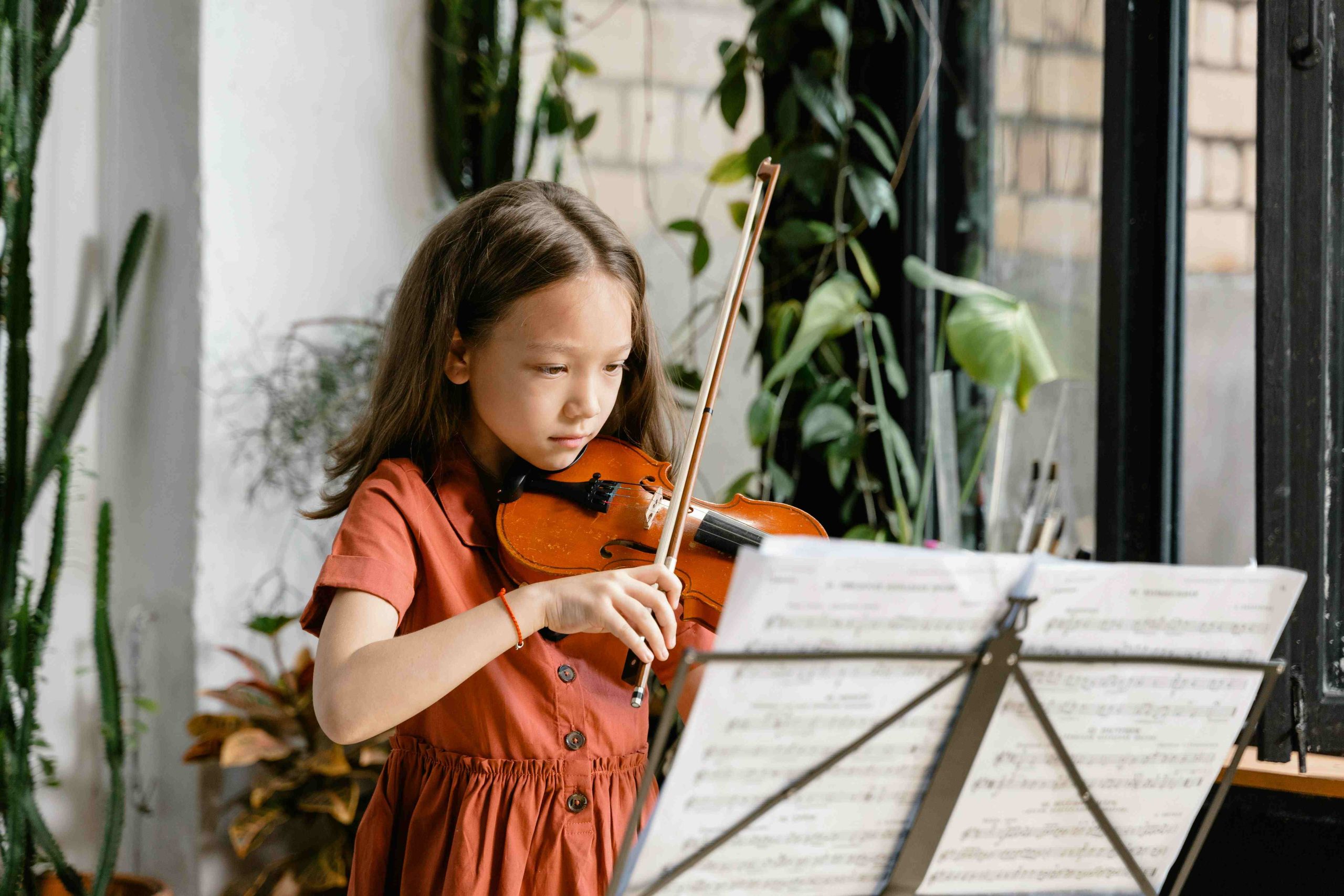
The Creative Responses of Preschoolers to Learning Through Music
Music has the power to move and inspire us. For preschoolers, it’s a potent tool for learning. Engaging in music activities helps them develop not only musical skills but also enhances cognitive, social-emotional, and physical development. Let’s explore how preschoolers creatively respond to learning through music and its benefits.
Enhancing Cognitive Development Through Music
Preschoolers have a remarkable capacity for learning. Music plays a crucial role in stimulating their cognitive abilities. Studies show that music activities enhance memory, language, and mathematical skills. Singing songs introduces them to new words and concepts. Listening to music develops an ear for rhythm, melody, and harmony. Music improves spatial-temporal skills crucial for understanding STEM concepts. Additionally, it fosters critical thinking and problem-solving skills. Learning to play an instrument teaches reading musical notation, coordination, and motor skills.
Fostering Social-Emotional Development Through Music
Preschoolers are also developing social-emotional skills crucial for relationships and understanding emotions. Music provides opportunities for them to engage with others and express emotions through sound and movement.
Improving Physical Development Through Music
Music is a great tool for improving preschoolers’ physical development. Singing and dancing engage them in physical activity, developing gross motor skills, coordination, and balance. Music supports fine motor skills, such as playing instruments. It promotes healthy habits by teaching about personal hygiene, healthy eating, and exercise.
Here are some ideas for using music to support preschoolers’ learning and growth:
- Teach new concepts: Sing songs or use instruments to teach colors, shapes, numbers, and letters.
- Create a music corner: Provide a space for exploring instruments, singing, and dancing.
- Support transitions: Use songs to signal activity starts or ends, making transitions smoother.
- Encourage creativity: Let preschoolers create their own music with instruments or voices.
- Promote relaxation: Use calming music during rest time to reduce stress.
Music and Multicultural Learning
Music promotes multicultural learning and celebrates diversity. Preschoolers learn about different languages, customs, and beliefs through songs and music from various cultures. Exposing them to different music types helps build cultural competency and understanding of the world.
Moreover, music can promote social justice and equity by celebrating diversity and teaching about important social issues like racism or sexism.
Music Therapy for Preschoolers
Music therapy addresses physical, emotional, and developmental challenges. It helps preschoolers express emotions, build self-esteem, improve communication skills, and develop coping strategies. Music therapy supports those with developmental disabilities, helping them develop motor skills, communication, and socialization abilities.
The Importance of Movement in Music Education
Movement in music education benefits preschoolers’ motor skills, coordination, balance, spatial awareness, and body control. It helps them understand musical concepts like rhythm and tempo. Incorporating movement makes music education engaging and fun, fostering a deeper connection with music.
Using Music to Foster Language Development
Music promotes language development by teaching vocabulary, practicing listening skills, and enhancing communication abilities in preschoolers.


